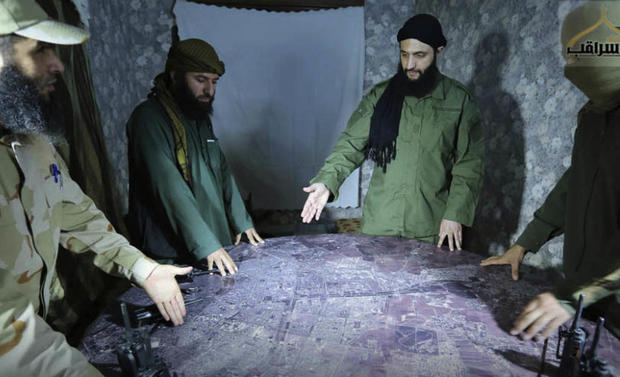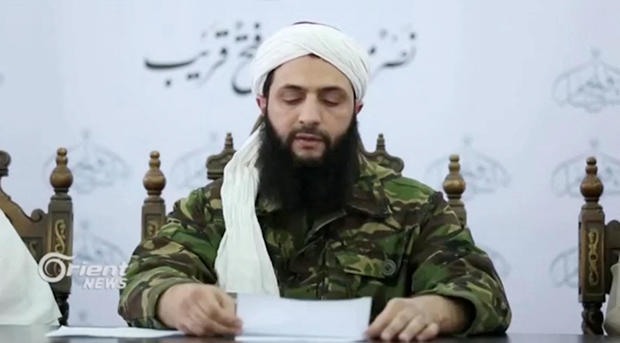Abu Mohammed al-Golani: From Jihadi Leader to Aspirant for Syrian Governance
Abu Mohammed al-Golani, born Ahmad al-Sharaa, has emerged as a controversial figure in the aftermath of the insurgency that overthrew Syrian President Bashar al-Assad. Once a hardline jihadi with ties to al-Qaida, al-Golani now presents himself as a reformer and a potential state-builder in a fragmented Syria. His transformation, however, raises questions about the future governance of a nation long divided by ethnic, religious, and political strife.
A Radical Past Rooted in Conflict
Al-Golani’s journey into militancy began in 2003 during the U.S. invasion of Iraq, where he joined al-Qaida-linked insurgents. He rose through the ranks, eventually aligning with Abu Bakr al-Baghdadi’s Islamic State of Iraq. In 2011, amid Syria’s uprising against Assad, al-Baghdadi dispatched him to establish a Syrian al-Qaida affiliate, the Nusra Front.
The Nusra Front quickly became a dominant force in Syria’s civil war, battling both Assad’s forces and ISIS, which split from al-Qaida. While pledging allegiance to al-Qaida, al-Golani carved his path, rejecting ISIS and eliminating rivals among Syria’s armed opposition.
Rebranding and Consolidation
In 2016, al-Golani rebranded his group as Jabhat Fateh al-Sham (the Syria Conquest Front), claiming independence from al-Qaida. This marked the beginning of his efforts to distance himself from global jihadism and focus on Syrian issues. A year later, he renamed the group Hayat Tahrir al-Sham (HTS), merging several factions under his leadership and solidifying control over Idlib province.

HTS maintained dominance in northwest Syria, often clashing with independent Islamist groups and imposing its rule with an iron fist. Over time, al-Golani sought to reshape his image, trading his militant garb for suits and advocating pluralism, tolerance, and decentralized governance.
From Extremist to Pragmatist?
Al-Golani’s pivot included efforts to engage with religious and ethnic minorities, such as the Druze and Kurds, whose communities had previously been targeted by his forces. He also granted interviews to Western media, portraying HTS as a localized force with no intent to threaten the West.
In a 2021 interview, he stated, “To wage a war against the United States or Europe from Syria, that’s not true.” However, the U.S. continues to designate him and HTS as terrorists, with a $10 million bounty on his head.
A Test of Leadership
With Assad ousted and Damascus under insurgent control, al-Golani faces the challenge of proving his claims of inclusivity and governance. Syria remains a fractured state, with diverse communities fearing Sunni Islamist dominance and foreign powers jockeying for influence.
Al-Golani’s leadership will be scrutinized as Syria navigates its post-Assad era. His ability to reconcile his militant past with his aspirations for state-building could determine whether he emerges as a unifying figure or remains a polarizing one in the eyes of Syrians and the international community.
This article was rewritten by JournosNews.com based on verified reporting from trusted sources. The content has been independently reviewed, fact-checked, and edited for accuracy, neutrality, tone, and global readability in accordance with Google News and AdSense standards.
All opinions, quotes, or statements from contributors, experts, or sourced organizations do not necessarily reflect the views of JournosNews.com. JournosNews.com maintains full editorial independence from any external funders, sponsors, or organizations.
Stay informed with JournosNews.com — your trusted source for verified global reporting and in-depth analysis. Follow us on Google News, BlueSky, and X for real-time updates.














